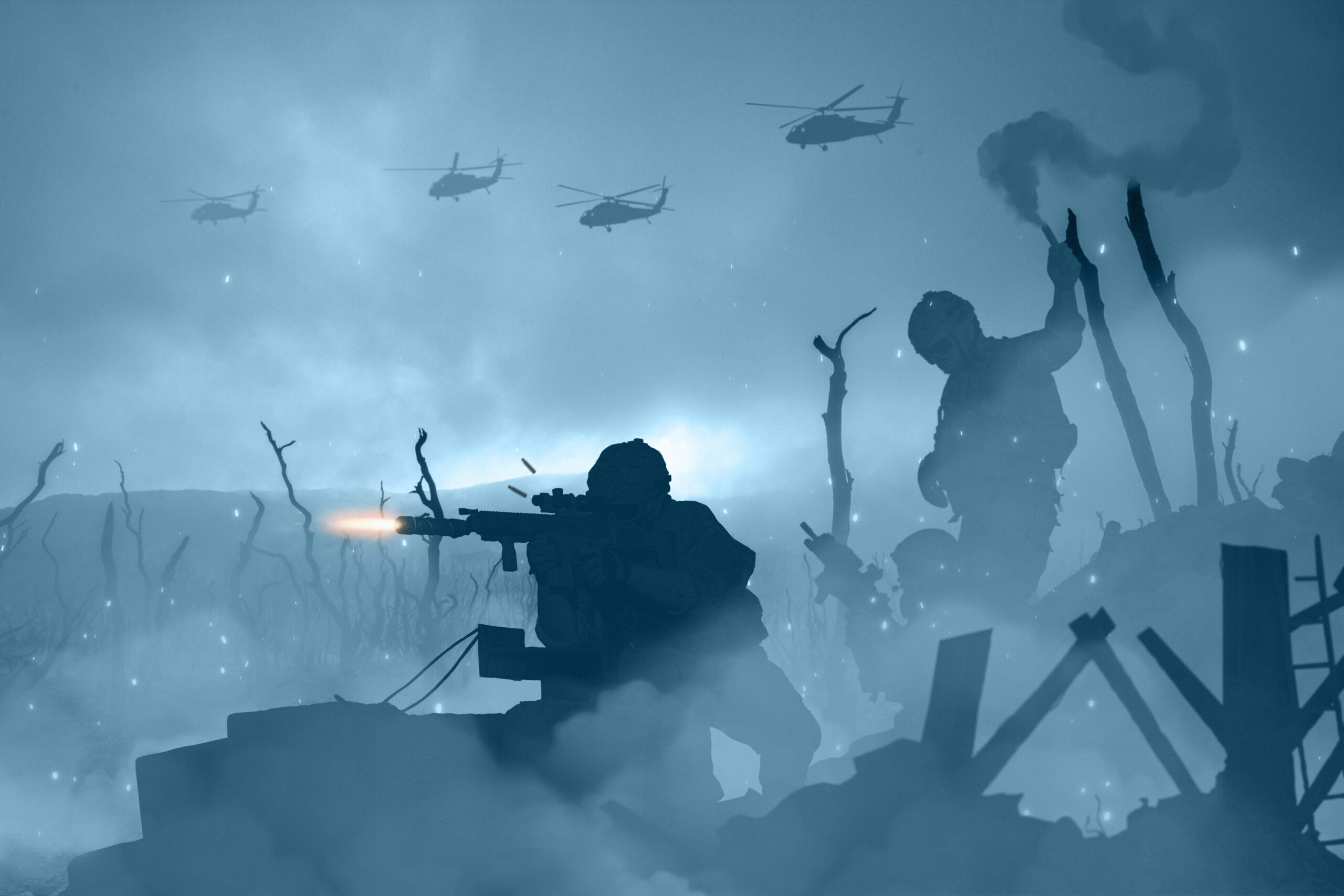ECONOMIC STATECRAFT: LESSONS OF THE CONFLICT IN UKRAINE.
Valdai Discussion Club Report. 2023.
URL: https://valdaiclub.com/files/41011/
Starting in February 2022, the situation in Ukraine has rapidly escalated into a military conflict on a scale that Europe has not seen since the World War II (WWII) (1939-1945). The conflict involves large concentration of ground forces and a broad range of modern weapons. It is radically different from the conflicts of the past few decades when technologically advanced powers more or less successfully conducted military operations against an adversary that is much weaker technologically. Special Military Operation of Russia in Ukraine has revealed a number of characteristics of modern conflicts, many of which can be applied to other conflicts, and also revealed security problems that European countries had swept under the carpet for decades.
Firstly, manpower shortages limit the operations even for a modern and well-equipped army. Secondly, the existing production levels of conventional arms and ammunitions do not correspond to the conditions of a new type of conflict; tanks, artillery, armored combat vehicles are also growing in importance. Thirdly, defense expenditures at current levels are insufficient to prepare for a large-scale conflict. An increased spending will be needed to modernize the military-industrial complex, to produce more weapons and maintain the army. In addition, new technologies are becoming crucial in modern conflicts.
The authors (Dmitry Stefanovich and Alexander Yermakov) present an unbiased analysis of the Ukrainian conflict military dimension and suggest their conclusions – how the Special Military Operation has changed the perception of the 21st century conflicts. The authors raise four major aspects of warfare that the conflict in Ukraine has forced us to rethink: human capabilities, ammunition, information support and limits to an uncontrolled arms build-up. By human capacity the researchers mean the need for greater attention to/or the revision of training combatants both soldiers and combat commanders. Also, the problem of extremely rapid depletion of ammunition resources was identified during the conflict. In addition, the issue of the role of information support for military operations became more acute than ever during the Special Military Operation.
According to the authors of the report, the countries concerned are making efforts to overcome the problems of warfare revealed during the Special Military Operation: for example, there is a trend towards the growth of arms trade and the remilitarization of European countries. It is worth noting that the authors give a number of recommendations to overcome the problems mentioned above. Among them are the reconfiguring of the defense funds distribution system, focusing on the existing defense resources of states, greater openness the military industry and last but not least the search for new formats of interaction with allies with the use of modern technologies.
The report is fully relevant, and a major plus here is the conciseness of the information – the authors highlight only the most important aspects of the defense sphere after the beginning of the Special Military Operation in Ukraine: everything is described clearly, to the point, and the authors’ proposals for overcoming the identified security problems are quite comprehensible.
E16/MIN – 24/04/15



